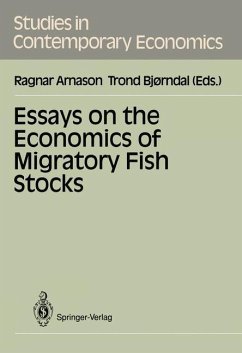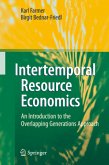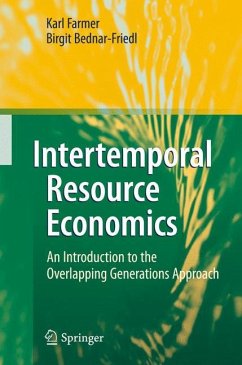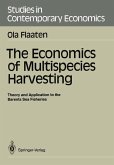Following the publication of seminal papers by professors H. S. Gordon in 1954 and A. D. Scott in 1955, active research has led to rapid progress in our understanding of the economics of fisheries. Fishing, however, is a complicated activity involving intricate interactions between man-made fishing capital and naturally produced fish stocks in an inherently dynamic and stochastic setting. Consequently, in spite of significant advances, important sections of fisheries economics remain largely unexplored. One such area is the economics of migratory fish stocks. In 1985, the editors of this volume embarked on a research project concerned with the optimal utilization of common Nordic fish stocks. A fundamental feature of some of the most important of these fish stocks, such as the Atlanto-Scandian herring and the Icelandic capelin, is their migratory behaviour. Not only do the migrations continuously alter the economic conditions for harvesting these species. They also result in the periodical transfer of stock concentrations from one exclusive fisheries jurisdictions to another. It was readily apparent that this behaviour constituted a crucial determinant of the appropriate harvesting pattern of these stocks. More importantly, however, migrations are by no means a unique feature of Nordic fish stocks. In fact, it appears that migratory behaviour is exhibited, albeit in varying degrees, by all species of fish. It therefore stands to reason that migrations constitute an important aspect of the economics of fisheries in general.








